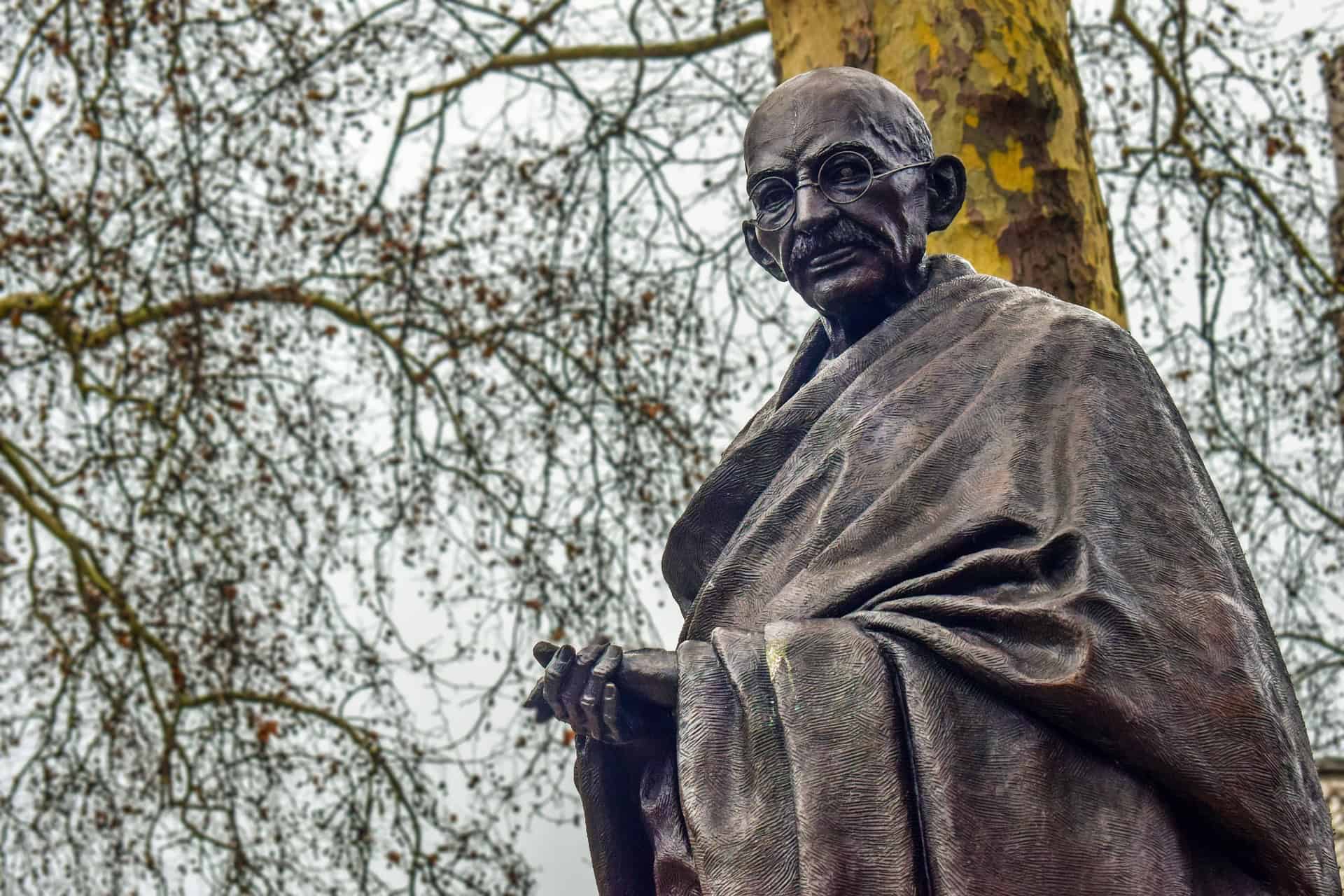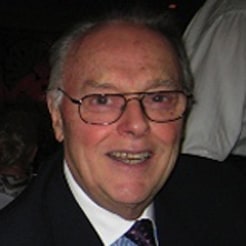
Becoming the Change We Seek in the World
On the door of my home office, I have a quote from Mahatma Gandhi, who said in 1936 – the year I was born: “Be the change that you wish to see in the world.” Inspired by this timeless wisdom, this blog post aims to equip us to become catalysts for transformation in our world, our communities, our workplaces, and our families by combining Gandhi’s vision with that of two modern-day leadership icons.
In Change Your World: How Anyone, Anywhere, Can Make a Difference (2021), John C. Maxwell, founder of the Maxwell Leadership Foundation, and Rob Hoskins, President of OneHope, provide a roadmap for being the change we wish to see in the world. This roadmap guides us in taking action today to create better schools, more livable neighborhoods, positive workplaces, and connected families and communities where people work together for the common good.
Maxwell and Hoskins emphasize starting with personal transformation and then building a small team of like-minded individuals. This involves identifying our passions, leveraging our strengths, and committing to continuous learning. They highlight the importance of serving others, fostering collaboration, and creating a ripple effect through consistent, intentional actions. Changing the world, they stress, happens one life at a time across various spheres. They identify at least nine streams of influence: government, education, business, religion, media, arts, science, sports, and healthcare.
A key takeaway is that attitude plays a crucial role. To make the world a better place to live and work – and to contribute to future global development success stories – we need to adopt a proactive mindset while taking meaningful action. We need to believe that transformation is possible for anyone willing to learn and live by the right values, value people, and collaborate with others to create a positive culture. We must have faith that we can make a difference – no matter who we are, where we are, or what resources we have.
I’ve often stated in my previous blog posts that leadership is influence – nothing more, nothing less. When we influence even one other person, we become leaders. When we add courage to our leadership, we create opportunities for change, which can transform our cultures. As Steve Jobs, former CEO of Apple, once said, “The people who are crazy enough to think that they can change the world are the ones who do.” This is the essence of being catalysts – people who create positive change in their world through their ideas, actions, and influence.
To bring about change in our world and companies, we should implement what Maxwell and Hoskins call a “change cycle”:
- By experiencing something so life-changing that I change.
- By sharing something so life-changing that YOU change.
- By facilitating something so life-changing that WE change.
Maxwell and Hoskins conclude that change is greater when everyone works together; each person brings specific skills, talents, and experiences to make everyone more successful. When we collaborate, movements often start and transformation occurs on a larger scale, positively impacting more people and making a greater difference. In other words, when we all sing from the same hymnal and work from a foundation of shared values, we can work together to make a difference.
It warmed my heart recently when ME&A President and CEO Teresita Perez was drawn to the same Ghandi quote as me in response to the theme of the Society for International Development United States’ 2024 annual conference, “World in Crisis: Sparks of Hope” exploring how we can play a role in reversing global challenges like climate change, food insecurity, and health inequities. Indeed, Ghandi’s timeless vision like Maxwell and Hoskins’ roadmap demonstrate that hope is powerful, but action is what actually makes the difference.
Who inspires you to #BeASpark? Hear from Teresita Perez, President and CEO of @MEandAHQ 🎞️
Will you be at the #SIDUSConference tomorrow?
✨ There's still time to register and join us online! https://t.co/qKUdbXugmZ pic.twitter.com/cOixzucZ8w
— SID-US (@sidunitedstates) April 25, 2024
- About the Author
- Latest Posts
Vice President Emeritus for Learning Technologies Donald Smith, Ed.D, CPT, headed ME&A programs in learning, leadership, and performance enhancement. He stayed with the firm in his retirement, bringing more than 65 years of experience as a coach, designer, facilitator, evaluator, manager, educator, and organizational change architect in more than 40 countries. He is affectionately known as ME&A’s MENCH.



